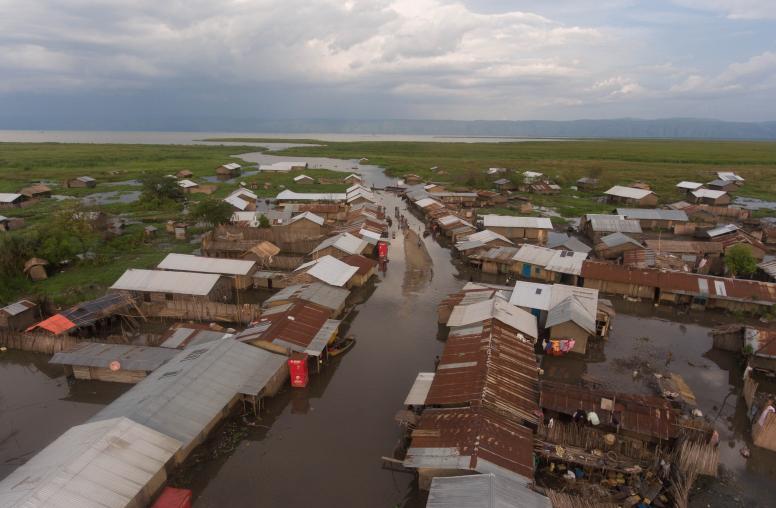Women Preventing Violent Extremism
Thought for Action Kit
The Women Preventing Violent Extremism Thought for Action Kit is intended to engage discussions on key issues related to the role of women and preventing violent extremism (PVE). This document is for policy makers, practitioners and academics who are interested in understanding “why gender matters” in preventing violent extremism. We think of it as a thought kit more than a tool kit, that is— a collection of experts’ essays and practical exercises designed to help guide local activists and practitioners to engage in reflection and dialogue on violent extremism. In addition, we hope to bring greater awareness to the diverse set of experiences that women and women’s organizations are dealing with violent extremist ideologies.
United Nations Security Council Resolution (UNSCR) 1325 (2000) was groundbreaking in that it provided strong support for greater attention to the role of women in international peace and security. It acknowledges the inordinate impact of violent conflict on women and recognizes that women’s empowerment and gender equality are critical to international peace and security. The UN Security Council fully recognizes the critical link between the Women, Peace and Security agenda as laid out in UNSCR 1325 and the role women could and should play in preventing violent extremism.
This document has three sections. The first section examines the question of gender and why it is important to consider both men and women, and the dynamics of gender roles in society when addressing violent extremism. The second section deals specifically with women and the underlying forces of extremist violence. It invites thinking about women as actors in preventative efforts as well as perpetrators of terrorist acts. Finally, the third section raises issues related to the various ways in which to engage communities, including members of the security sector.
Each section opens with a brief introductory background, followed by short essays by some of the leading experts in this field. Each section also includes practical exercises that may prove useful for training and further dialogue.



